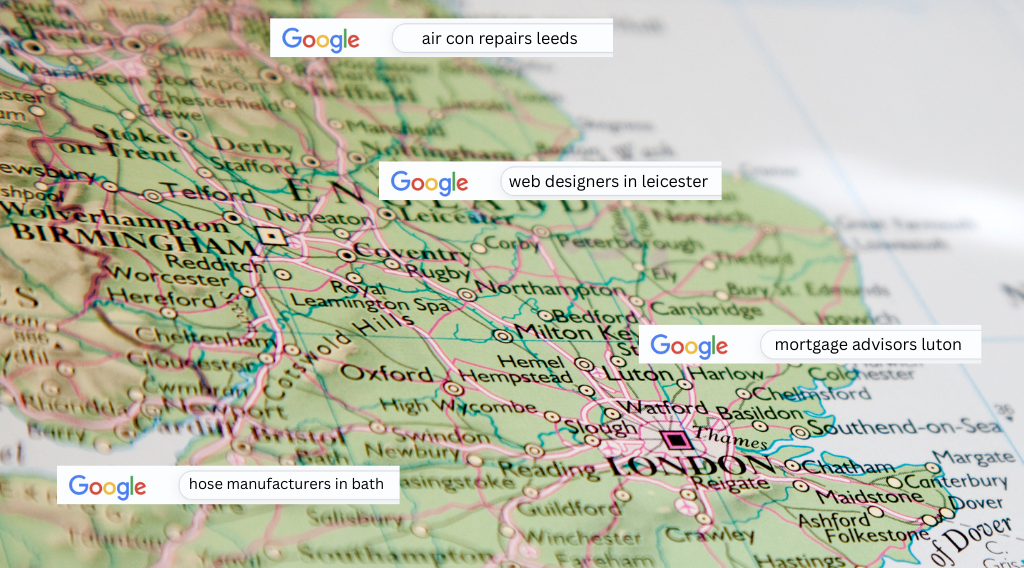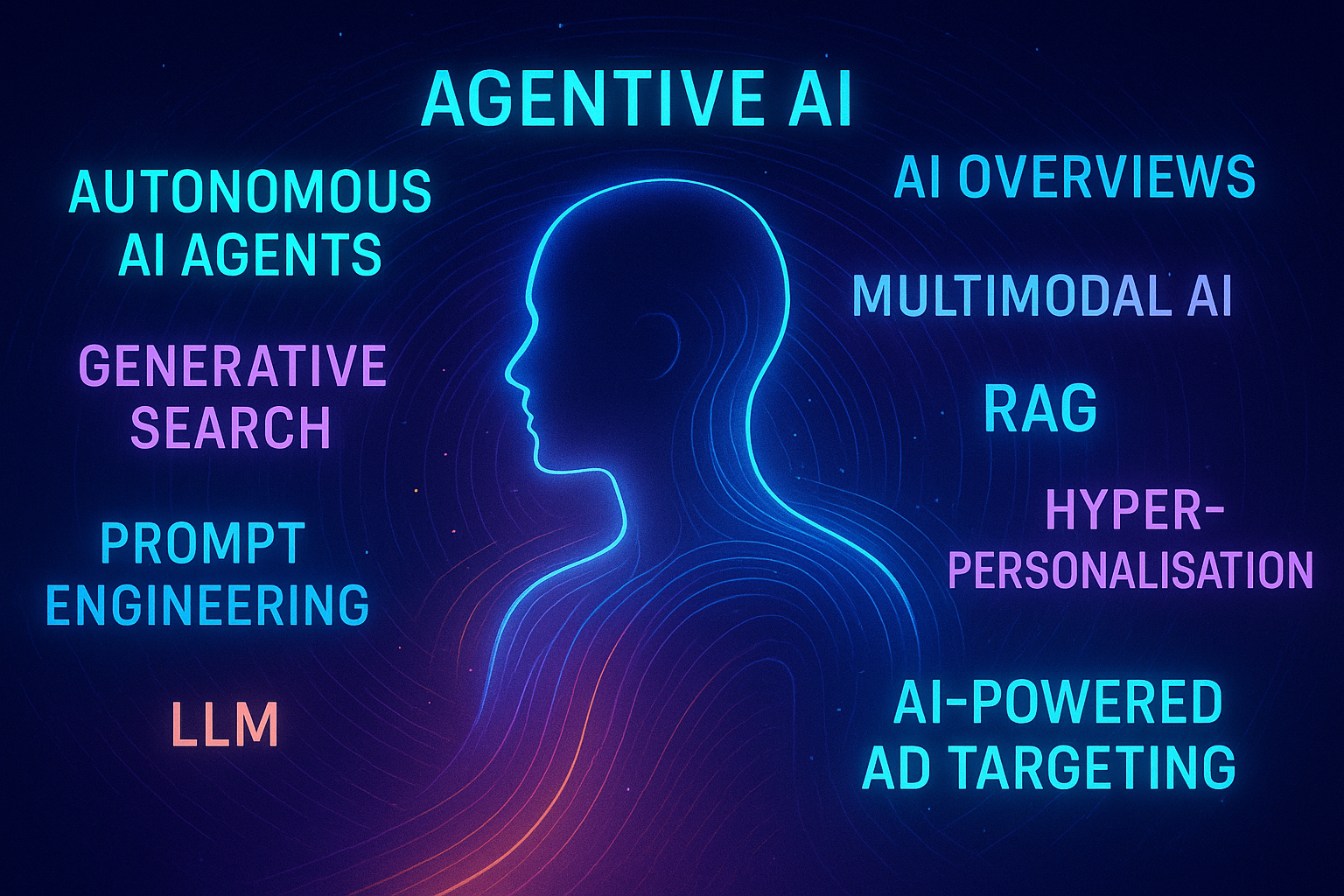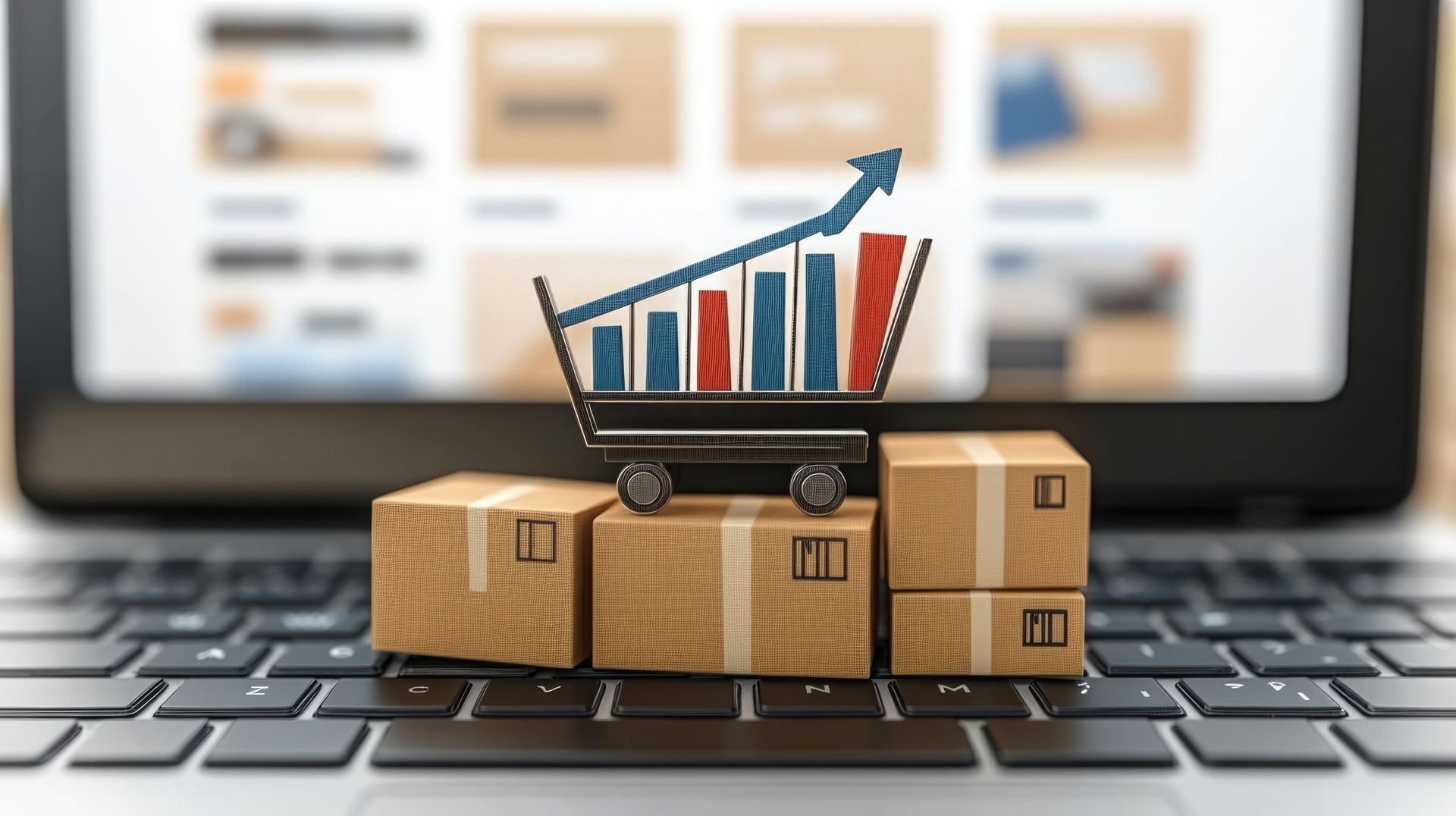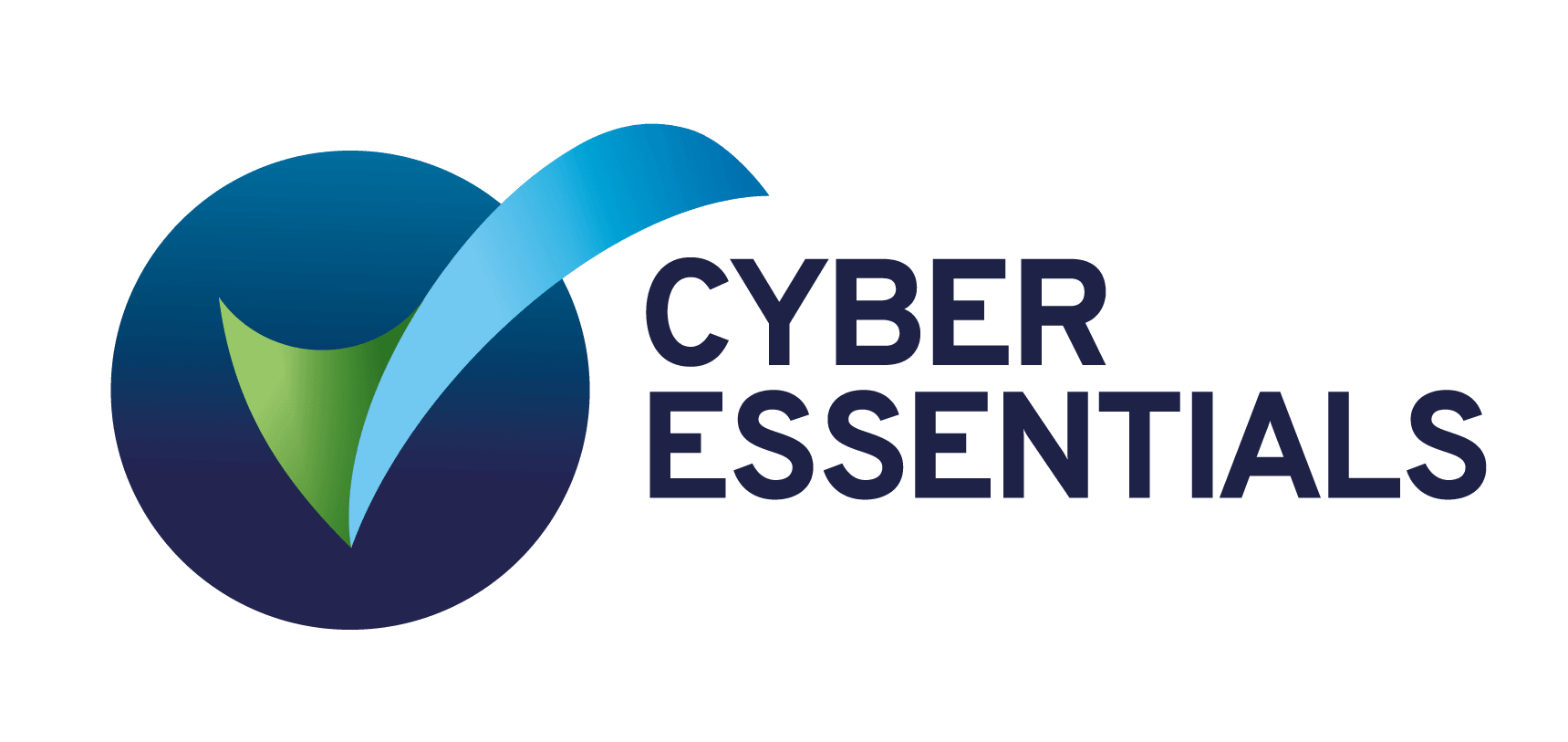Boost Your Shopify Store's Sales with These Tips and Tricks
Boost Your Shopify Store's Sales with These Tips and Tricks
Looking to skyrocket your sales on your Shopify store? Look no further! In this article, we will share some game-changing tips and tricks that will help you boost your Shopify store's sales and take your business to the next level.
With the ever-increasing competition in the e-commerce industry, it's essential to stay ahead of the game. We understand the challenges you face in attracting and converting customers. That's why we've compiled a list of proven strategies that will not only attract more visitors to your store but also turn them into loyal customers.
From optimising your product descriptions to creating compelling content, we will show you how to create a seamless shopping experience that drives sales. We'll delve into the importance of using catchy headlines, leveraging social media, and implementing effective email marketing campaigns. Plus, we'll explore the power of user-generated content and how it can boost trust and credibility.
Are you ready to supercharge your Shopify store's sales? Let's dive in and discover the secrets to success!
Analysing Your Target Audience and Identifying Their Needs and Preferences
Understanding your target audience is fundamental to the success of your Shopify store. By conducting thorough market research and analysing customer data, you can gain valuable insights into their needs, preferences, and buying behavior. This information allows you to tailor your products, messaging, and marketing efforts to better resonate with your target audience.
Start by creating detailed buyer personas that represent your ideal customers. Consider factors such as demographics, interests, pain points, and shopping habits. By segmenting your audience into distinct groups, you can create personalised marketing campaigns that speak directly to their unique needs. Additionally, leverage tools like Google Analytics and Shopify's built-in analytics to track customer behavior and preferences on your store.
Moreover, engage with your audience through surveys, social media interactions, and customer feedback. By listening to their feedback and addressing their concerns, you can build trust and loyalty, ultimately driving repeat purchases and word-of-mouth referrals. Remember, successful businesses are customer-centric and constantly strive to meet the evolving needs of their audience.
Optimising Your Product Listings for Better Visibility and Conversion
Your product listings play a critical role in attracting and converting customers on your Shopify store. To optimise your listings for better visibility and conversion, focus on creating detailed and engaging product descriptions that highlight the key features, benefits, and unique selling points of each item. Use high-quality images and videos to showcase your products from different angles and provide a visual representation of their quality and functionality.
Additionally, optimise your product titles and meta descriptions with relevant keywords to improve search engine visibility. Conduct keyword research to identify popular search terms in your niche and integrate them strategically into your product listings. By optimising your listings for SEO, you can attract organic traffic and improve your store's visibility on search engine results pages.
Furthermore, consider implementing user-generated content such as customer reviews, ratings, and testimonials on your product pages. User-generated content adds social proof and credibility to your listings, helping potential customers make informed purchase decisions. Encourage satisfied customers to leave reviews and share their experiences to build trust and authenticity around your brand.

Conclusion: Making the Best Decision for Your Business
In conclusion, the decision between hiring a freelancer or an agency for your business ultimately depends on your unique needs, project requirements, and long-term goals. Freelancers offer flexibility, cost-effectiveness, and specialised expertise, making them ideal for specific project needs with tight deadlines or limited budgets.
On the other hand, agencies provide access to a diverse team of experts, scalability, and a comprehensive approach to meet your business needs, making them suitable for complex projects requiring multiple skill sets and integrated services. While agencies may be more expensive and have longer turnaround times, they offer a broader range of services and project management capabilities that can drive successful project outcomes.
When deciding between a freelancer and an agency, consider factors such as budget considerations, communication and availability, skillset and expertise, flexibility and scalability, and the specific requirements of your project. By conducting a thorough assessment and weighing the pros and cons of each option, you can make an informed decision that aligns with your business objectives and leads to successful project delivery.
Ultimately, whether you choose to hire a freelancer or an agency, the key is to prioritise clear communication, realistic expectations, and a collaborative working relationship to ensure a positive project experience and achieve your desired outcomes.
By evaluating your project needs and selecting the right fit for your business, you can embark on a successful outsourcing journey that drives business growth and innovation.















